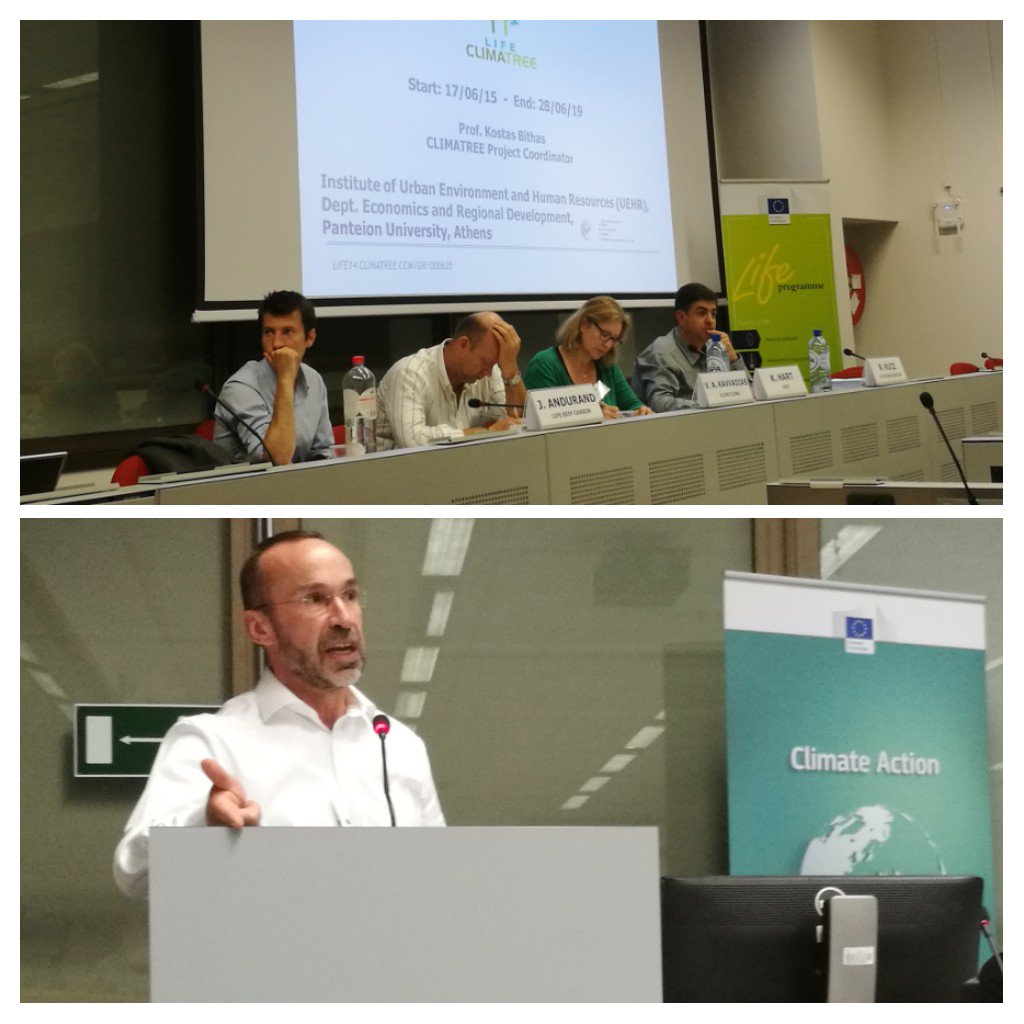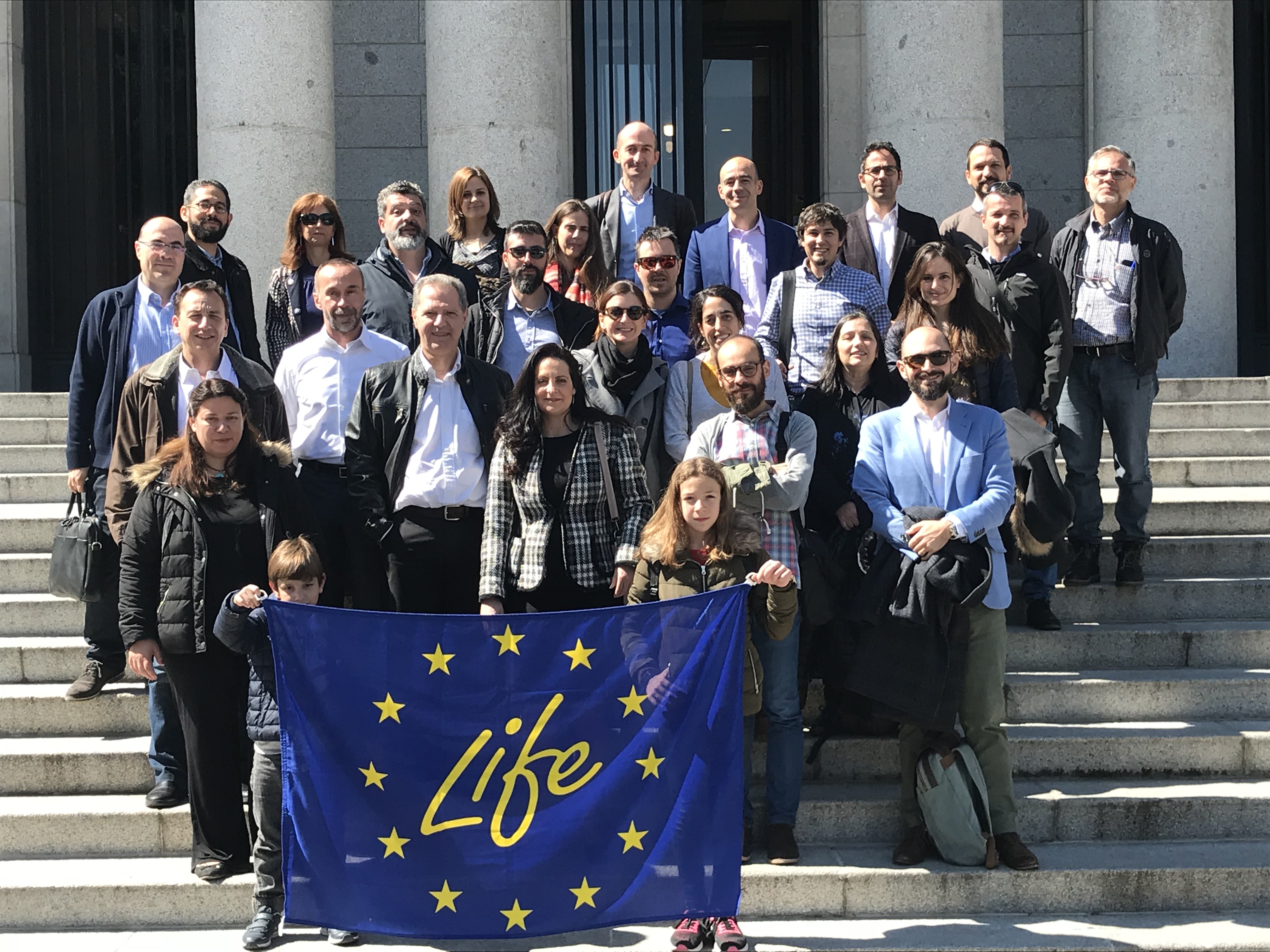November-December 2020 - LIFE CLIMATREE
Α) Identity of the project
| Title/ N° |
LIFE CLIMATREE - LIFE14 CCM/GR/000635
|
| Duration |
July 2015 – October 2020 |
| Budget |
1.931.447,00€ |
|
Beneficiaries |
Coordinator: Beneficiaries: |
| Location of activities | Greece, Italy, Spain |
| Website | |
| Contact |
Professor Kostas Bithas |
Description/Aim
CLIMATREE: Managing Tree cultivations for climate change mitigation.
The CLIMATREE project investigates, evaluates and demonstrates the mitigation potentials of tree cultivations. The Mediterranean area emerges as the application ground of CLIMATREE.
Β) Best Practices
Tree orchards can act as an important sink for carbon dioxide and hence contributes significant to climate change mitigation. This mitigation potential depends on the cultivation and management practices.
In order to explore the mitigation potentials of orchards the CLIMATREE project examines the role of tree cultivations on climate mitigation and attempts to:
- To investigate the link between CO2 and tree cultivations
- Το evaluate the CO₂ balance of tree cultivations
- To evaluate and rank different cultivation practices in terms of CO₂ sequestration
- To develop a simple but rigorous e-tool permitting operational estimates of the CO₂ sequestration in different conditions. This is a valuable tool for agronomist, farmers, decision makers and the public
- To propose management practices and cultivation methods that result in rich mitigation potentials
- To enrich agricultural policies with climate objectives which enhance the competitiveness of the agricultural sector
- To delineate a system of financial incentives for farmers offering mitigation services
- To update the CO₂ national accounts of the Mediterranean countries
CLIMATREE demonstrates the important, still ignored, mitigation potentials of tree cultivations. Taking into account the co-benefits arising from tree cultivations ensure their prominent role in a contemporary climate policy as well as find the sustainability prospect of rural areas.
Tree cultivations are significant for farmers, rural development, social cohesion, biodiversity, climate. Their contribution is investigated by CLIMATREE with specific relevance in the conditions of the Mediterranean countries.
C) Results
Cultivation practices that maximize CO2 sequestration have been evaluated and ranked. Novel and operational methods for evaluating CO2 balance and sequestration for different trees under different conditions have been developed. Currently, CLIMATREE findings are explored by agricultural national authorities as well as by EE in order to incorporate Eco-schemes and especially Carbon-Farming Schemes in the forthcoming CAP. At the same time, the methods of CLIMATREE can support eco-labeling schemes and CO2 voluntary markets. Such initiatives offer climate services while enhancing sustainable development in rural areas by supporting farmers income and employment.





